Karo Sambhav: Investing Rs 1,000 cr
Sanjay Kapote, CEO of Manjushree Technopack speaks to WhatPackaging? about a new venture that will focus on closing the material loops for multiple types of packaging materials and shall bring together 60% of plastics value chain in to India
12 Oct 2019 | By WhatPackaging? Team
To address the growing concern of plastic waste in India, 31 companies have joined forces to launch Asia’s largest, first-of-its-kind, producerled and owned venture for creating a formal plastic circular economy in the country. Together, the companies will mobilise and converge assets, resources, and investment upwards of Rs 1,000 crore.
Ahmed ElSheikh, president of PepsiCo India and T Krishnakumar, president of Coca-Cola India and South West Asia as well as Angelo George, CEO of Bisleri launched the new producer-led venture which is called Karo Sambhav – Closing Material Loops, to create an efficient value chain for collection of post-consumer packaging and optimise material recycling processes.
WhatPackaging?: According to our reports one of the largest PET recycler in India is Reliance India Limited. What is the percentage of collection of PET bottle waste in India?
Sanjay Kapote: 90% of the PET bottles are recycled in India.
WP?: What is the reason behind establishing Karo Sambhav?
SK: Today the collection process of PET bottle waste still remains largely unorganised. We need to bring more structure to this. Which is why industry leaders like Coca Cola, Bisleri, PepsiCo, Parle Agro, Dabur India and manufacturing firms such as Manjushree, have come together to launch a packaging waste management entity – Karo Sambhav. It has been developed by Packaging Association for Clean Environment (PACE).
WP?: What is the Karo Sambhav modus operandi?
SK: Karo Sambhav will work towards recycling packaging material, collecting postconsumer packaging, working across a network of recovery facilities, and converging resources currently being used by its existing members to tackle plastic packaging waste material. A standardised process for collection and recycling, public awareness and segregation at source will ensure that we continue to use plastics in packaging and safely. The venture plans to have a network of 125 material recovery facilities across the country which will work with 2,500 aggregators over the next three years.
PACE - AT A GLANCE
Packaging Association for Clean Environment (PACE) is an industry body to promote the benefits of PET packaging for safe and clean environment. It advocates adoption of a voluntary code of conduct relating to the manufacture, packaging, recycling using distribution and sale of PET packaging in India. Alignment with the government’s Swachh Bharat mission and a zero-waste movement
- Enabling utilisation of secondary materials post recycling
- Ensuring that no recyclable packaging material ends up in landfills by 2025
- Transforming the linear value chain of packaging material into a robust and efficient recyclable material circular economy
WP?: Which is healthier PET bottle or bottle of glass - and why?
SK: PET is more environmentfriendly as compared to glass, aluminium and several plastics. It is known to produce less greenhouse gas emissions and its easily recyclable properties reduce the carbon footprint of plastic packaging. Another benefit is that PET can be recycled more than once and can be turned into fibre, non-food bottles, etc. The challenge is plastic mismanagement when speaking about sustainability. Even though the government has issued the Plastic Waste Management Rules, which specifies producers' responsibilities, each and every citizen mus be aware and take the responsibility of separating plastic from waste.
Karo Sambhav aims to mobilise and converge assets, resources, and investment upwards of Rs 1,000 crore
WP?: Many companies are unveiling new and sustainable PET bottles including creating products from 100% high grade, PET Bottle Flakes
SK: Yes. It may be too early to comment on solid plans but we are looking at creating products out of 100% high-grade PET bottle flakes.
WP?: Any industry initiatives which Manjushree is a part of?
SK: We are constantly looking for eco-friendly designs through our design studio. We are also working on ways to reduce weight and plastic use. We have an in house recycling plant that recycles clean waste and contributes a substantial amount of PET bottles to KK waste management, who have a patented solution for handling plastic waste present in garbage by reusing it for asphalting of roads.
THIRTY-ONE BRANDS JOIN FORCES TO FORM KARO SAMBHAV
Karo Sambhav plans to have a network of 125 material recovery facilities across the country, which will work with 2,500 aggregators over the next three years. This initiative was developed by PACE for over a year with the objective of developing a transformative system, which enables inclusion, ethics, transparency, good governance and traceability of waste. Action Alliance for
Recycling Beverage Cartons is also supporting the venture. According to Pranshu Singhal, who is leading the set-up of this new venture, the focus of this venture would be on developing an
India-wide ecosystem for plastic waste management by creating win-win partnerships with stakeholders and applying technology to bring transparency, traceability and scale. It is in alignment with the Government’s Swachh Bharat Mission and a zero-waste movement, which enables the utilisation of secondary materials post recycling. Some of the other companies that have committed to joining hands with this venture include Diageo, Parle Agro, Cavin Kare, Manjushree, Reliance Industries, SC Johnson, IVL-Dhunseri, Pearl Drinks, Varun Beverages, and Hindustan Coca-Cola Beverages.


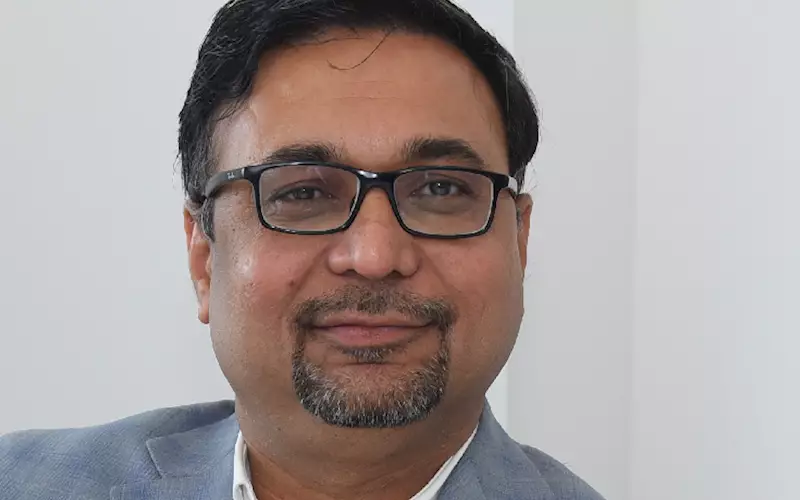

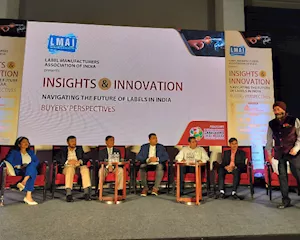

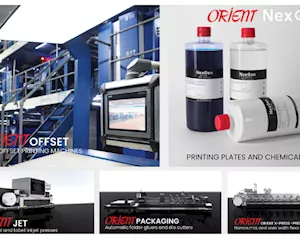
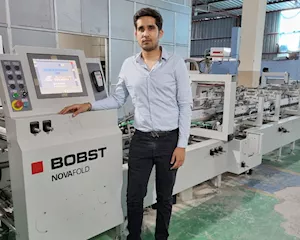
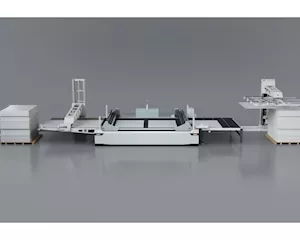






 See All
See All